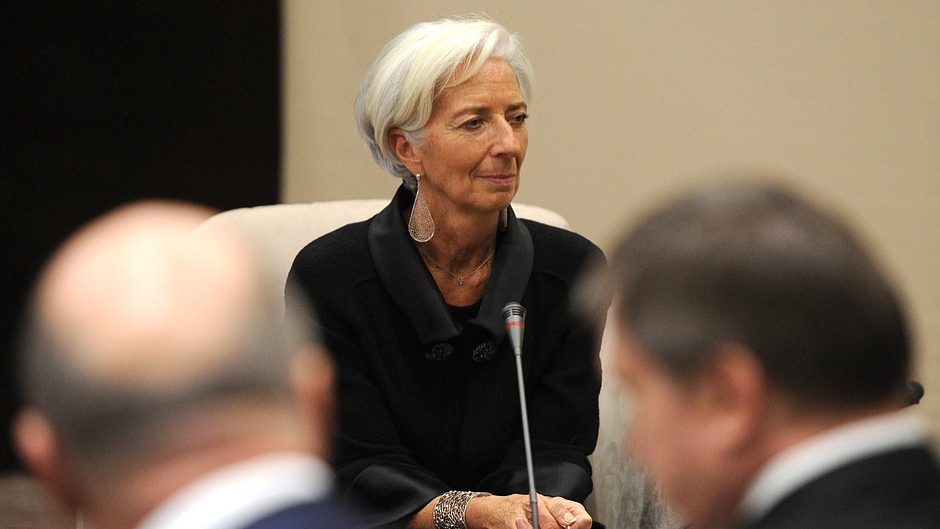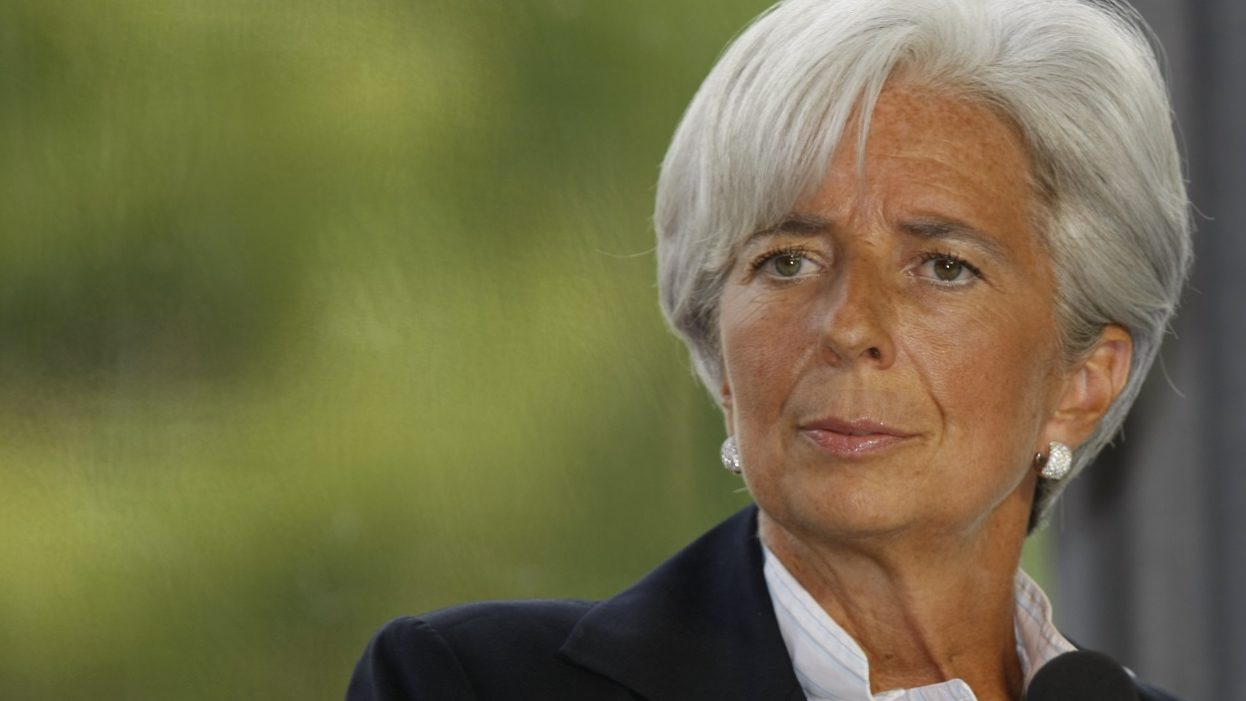IMF: Portugal should take advantage of the tranquility and build a fiscal buffer
IMF says countries with high debt such as Portugal should take advantage of the improvement in their economy to create a budgetary pillow, preventing future shocks like an increase of ECB's interests.
The International Monetary Fund (IMF) believes Portugal should take advantage of the good economic performance to rebuild a fiscal buffer and to reinforce the economy’s ability to absorb future shocks.
“In advanced Europe, a number of countries have high public debt ratios and limited fiscal buffers, including Belgium, France, Italy, Portugal, Spain, and the United Kingdom. With growth picking up and output gaps closing, these countries should gradually consolidate to rebuild policy room and put debt on a downward path“, is stated by the institution headed by Christine Lagarde in a report published this Monday, in which it contextualizes the improvements in the economic forecasts for Europe (and for Portugal) announced in last month’s World Economic Outlook.
However, the Fund emphasizes that the public debt reduction “should not compromise the current economic recovery”.
IMF foresees the Portuguese economy will grow 2.5% in 2017, decelerating to 2% next year. Concerning the trajectory of public debt, the ratio should decrease to 125.7% of the Gross Domestic Product (GDP) this year, reinforcing the fall to 122.5% in 2018, according to the last update of the predictions from that international entity.
Next year’s growth decelerates

As far as the Fund is concerned, there are key factors such as the ageing of population, the increase in protectionist policies, geopolitical tensions and less strength in exports because of the Chinese deceleration add uncertainty to the future. “That is why all European governments should take advantage of the improvement in order to help their economies adjust”, IMF argues.
"In advanced Europe, a number of countries have high public debt ratios and limited fiscal buffers, including Belgium, France, Italy, Portugal, Spain, and the United Kingdom. With growth picking up and output gaps closing, these countries should gradually consolidate to rebuild policy room and put debt on a downward path.”
On the other hand, in the case of countries such as Portugal, which presents a high level of public indebtedness, if the Government adopts a balanced fiscal policy in order not to put its wealth at stake, it must consider that the low interests environment is coming to an end, as the European Central Bank (ECB) is gradually removing the stimuli measures in the Euro Area.
“Many advanced and market emerging economies need to reduce still-elevated fiscal deficits in a growth-friendly way. This task is particularly important for those with high public debt, as interest rates will likely rise over time”, stated IMF.
Public debt falls below 120% of GDP in two years

"Many advanced and market emerging economies need to reduce still-elevated fiscal deficits in a growth-friendly way. This task is particularly important for those with high public debt, as interest rates will likely rise over time.”




